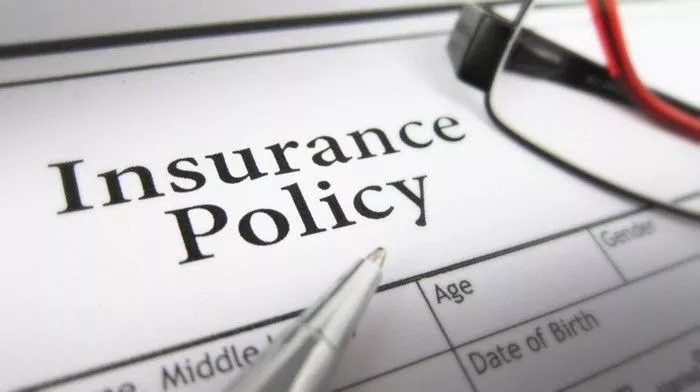Life insurance serves as a vital financial safety net for loved ones in the event of your passing. However, circumstances may arise where you find yourself needing to access the funds from your life insurance policy before death. Whether you’re considering surrendering your policy, exploring the options for cash value, or seeking reimbursement for premiums paid, navigating the process can be complex. This guide aims to provide you with a clear roadmap on how to get your life insurance money back.
Understanding Your Policy
Before taking any steps, it’s crucial to understand the type of life insurance policy you have and its provisions. Life insurance policies generally fall into two categories: term life insurance and permanent life insurance. Term life insurance provides coverage for a specified period, while permanent life insurance, such as whole life or universal life, offers coverage for your entire life and may accrue cash value over time.
Assessing Your Needs
Evaluate your financial situation and the reasons behind your decision to access your life insurance funds. Are you facing financial hardship, or do you have alternative sources of income? Understanding your needs will help you determine the best course of action.
Exploring Options
1. Surrendering Your Policy: If you no longer need the coverage or can’t afford the premiums, surrendering your policy may be an option. By surrendering, you terminate the policy in exchange for the cash value, minus any surrender fees.
2. Utilizing Cash Value: Permanent life insurance policies often accumulate cash value over time, which you can access through withdrawals or loans. Keep in mind that withdrawals may be subject to taxes and could reduce the death benefit.
3. Seeking Premium Refunds: Depending on your policy’s terms, you may be entitled to a refund of premiums paid if you cancel the policy within a certain period, typically during the “free look” period.
Initiating the Process
Once you’ve decided on the appropriate course of action, contact your insurance provider to initiate the process. Be prepared to provide necessary documentation, such as policy details, identification, and any forms required by the insurer.
Factors to Consider
Several factors may impact the amount of money you receive:
1. Policy Type: Different types of policies have varying terms and conditions regarding accessing cash value or surrendering the policy.
2. Age and Health: Your age and health at the time of surrender or withdrawal may affect the amount of cash value available.
3. Outstanding Loans: If you’ve taken out loans against your policy’s cash value, the outstanding balance will be deducted from any funds you receive.
Conclusion
Getting your life insurance money back involves careful consideration of your financial needs, understanding your policy’s terms, and navigating the process effectively. By following the steps outlined in this guide and seeking guidance from financial professionals if needed, you can make informed decisions and access the funds you require.
FAQs
Q1: Can I get my life insurance money back if I’ve had the policy for many years?
A1: Yes, you can typically access the cash value of a permanent life insurance policy regardless of how long you’ve had it. However, the amount available may vary depending on factors such as policy type, premiums paid, and any outstanding loans.
Q2: Will I have to pay taxes on the money I receive from surrendering my life insurance policy?
A2: The tax implications of surrendering a life insurance policy vary depending on several factors, including the amount of cash value, your tax bracket, and whether the policy was funded with pre-tax or after-tax dollars. It’s advisable to consult with a tax advisor for personalized guidance.
Q3: What happens if I stop paying premiums on my life insurance policy?
A3: If you stop paying premiums, your life insurance policy may lapse, meaning you’ll lose coverage and any cash value accumulated. However, some policies offer options such as using the cash value to cover premiums or converting to a paid-up policy with reduced benefits. Contact your insurer to discuss available options.


